-
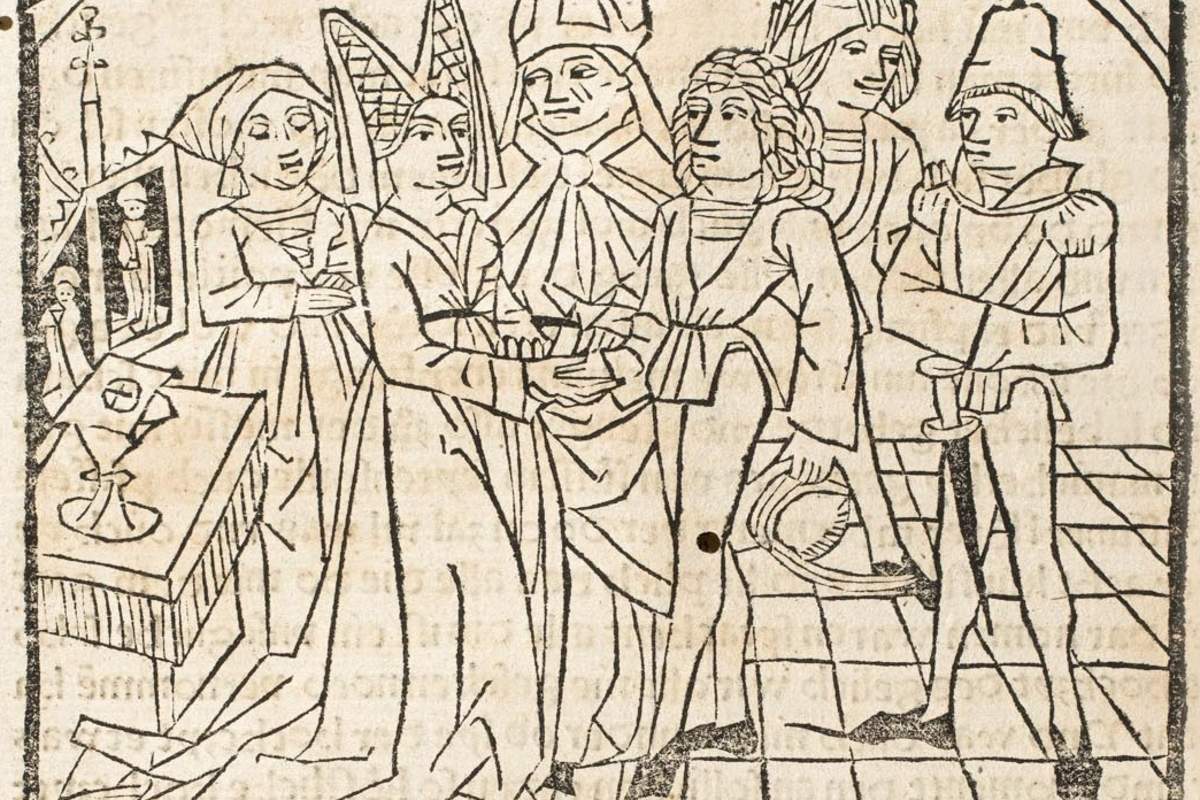
What have Alexander the Great, the mermaid Melusine, and Lucifer’s lawyer in common? Their fascinating stories can all be found in this brilliant Sammelband (a collection of multiple works), bringing together 6 of the most popular German literary texts of the late Middle Ages.
-
A Star over Basel
City of Culture and Historical Treasures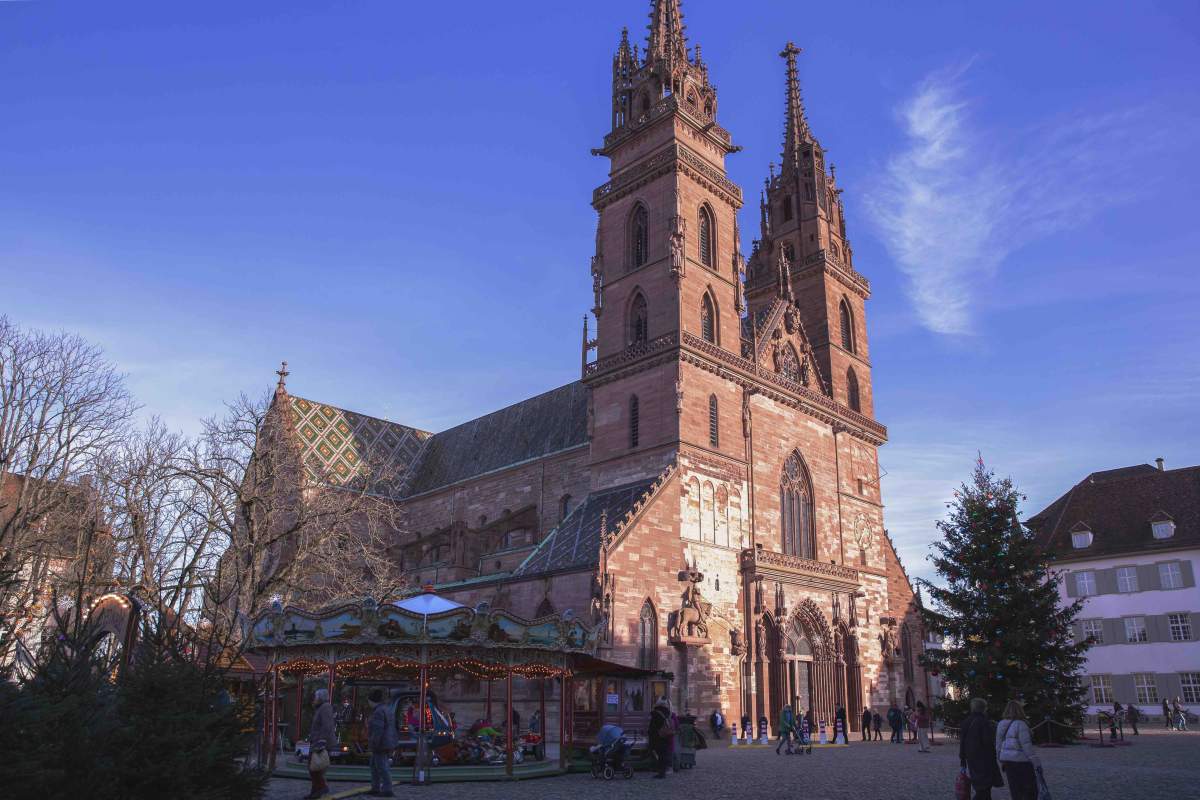
Since the 5th century B.C., the area at the bend of the Rhine, on which the city of Basel now stands, has been inhabited. First by Kelts, but not much later, the Romans discovered the lovely and strategically beneficial spot. The actual name of the city Basilia was first mentioned in the 4th century. In our blog post, however, we will focus on another time, namely 15th century, when Basel became a European centre of book art. When we look at the festive lights around the hill of the cathedral and the Christmas market on Barfüsserplatz, it is not difficult to picture ourselves in the epoch of faith, hope, and - alas - unfathomable fears: the late Middle Ages.
-
The Post-Gutenberg Era
Early Printed Bibles in German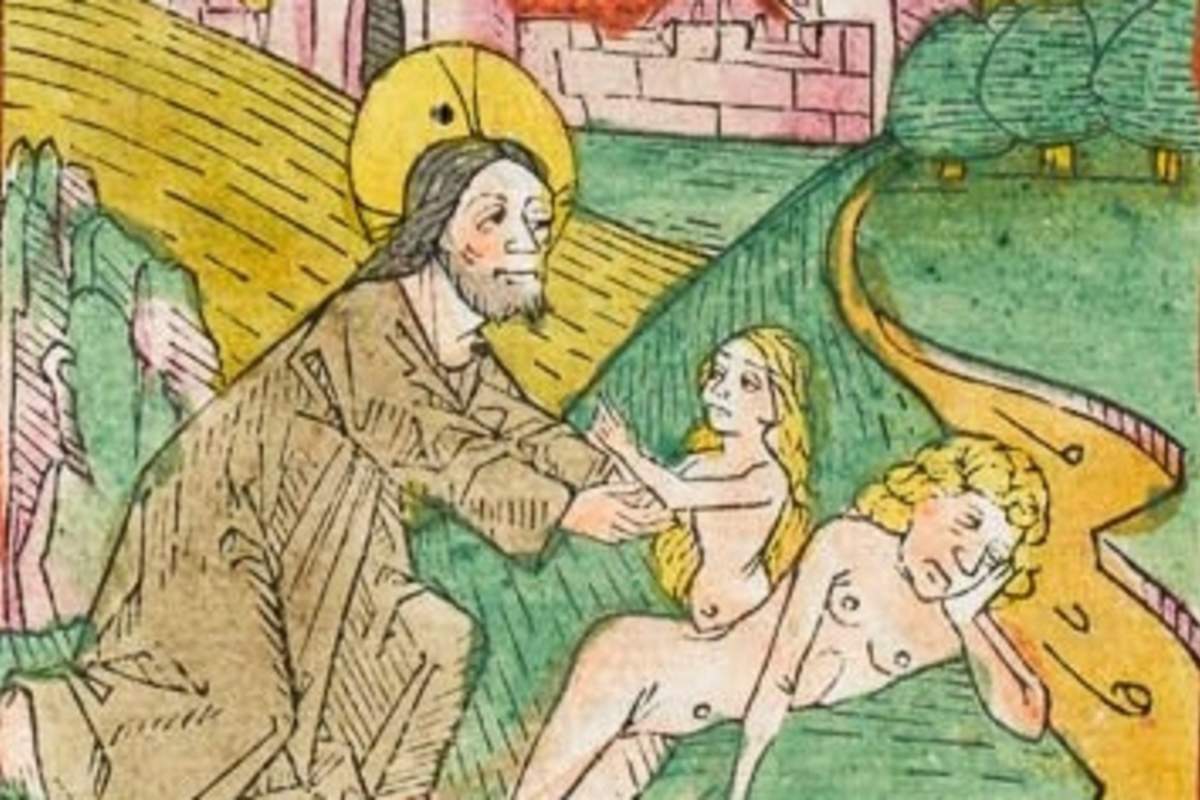 Creation of Eve from Pflanzmann's German Bible of 1475-77
Creation of Eve from Pflanzmann's German Bible of 1475-77The first book to be printed with movable type printing was a Bible - the Book of Books. Around 1454/55, Johannes Gutenberg from Mainz set about the daunting task of printing a Bible with 324 pages in folio format. Gutenberg's Bible was printed in Latin. Not long after his first printing adventure, other printed Bibles followed in Latin and in German.
Obviously, public demand was great.
-
Art as Therapy
Lesson Learned: What an Artwork Can Teach You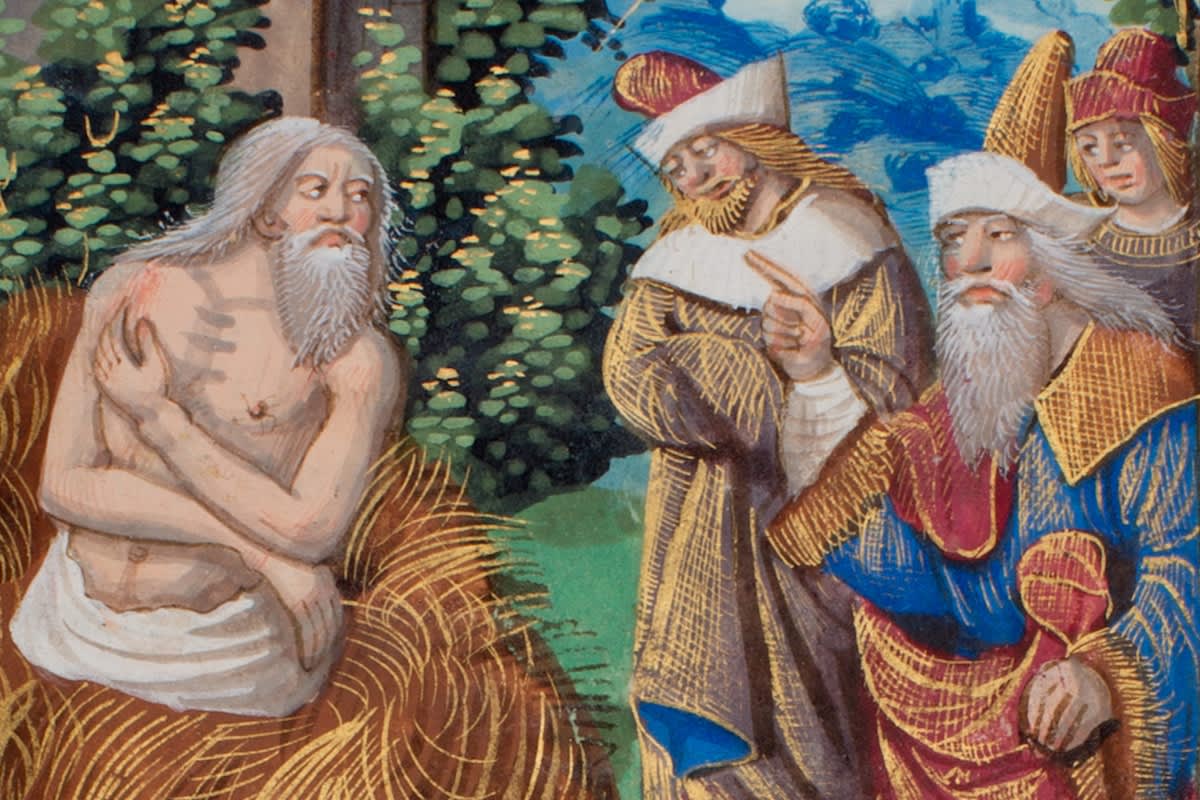
This year, our exhibition at Frieze Masters has an unusual theme. Inspired by Alain de Botton’s and John Armstrong’s book Art as Therapy, the exhibition will include a thematic display that focuses on the emotions that the artworks convey, or on life lessons to be learned from the works. Loosely based on the ideas from the book and the teachings of The School of Life, some of the thematic cases will show artistic depictions of life skills, such as resilience, curiosity, and virtue.
-
Upside Down World
These foolish things...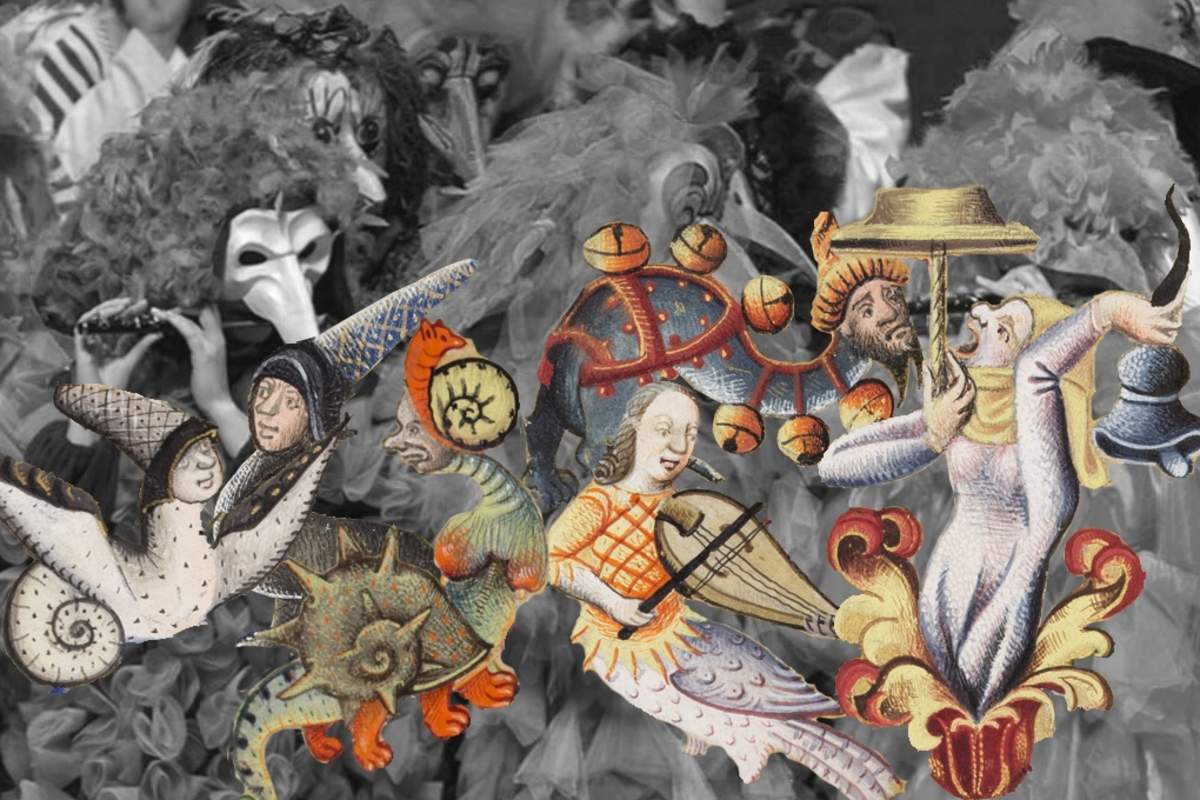 Grotesque creatures from a French Book of Hours
Grotesque creatures from a French Book of HoursMany of you might have experienced the most bizarre and foolish of times in Basel: since four o'clock a.m. last Monday, "Frau Fasnacht" (Madame Shrovetide) ruled the city. Cliques were parading up and down the city centre as well as in front of the Antiquariat Dr. Jörn Günther, playing their music; stopping only occasionally to have a drink or a hot flour soup to refresh and restore themselves.
The idea of the inverse world – where everyday laws are turned upside down and those who usually have to bow their heads and serve call the shots – reaches back to antiquity. The chasing away of winter, darkness, and evil spirits has been a tradition since ancient times.




